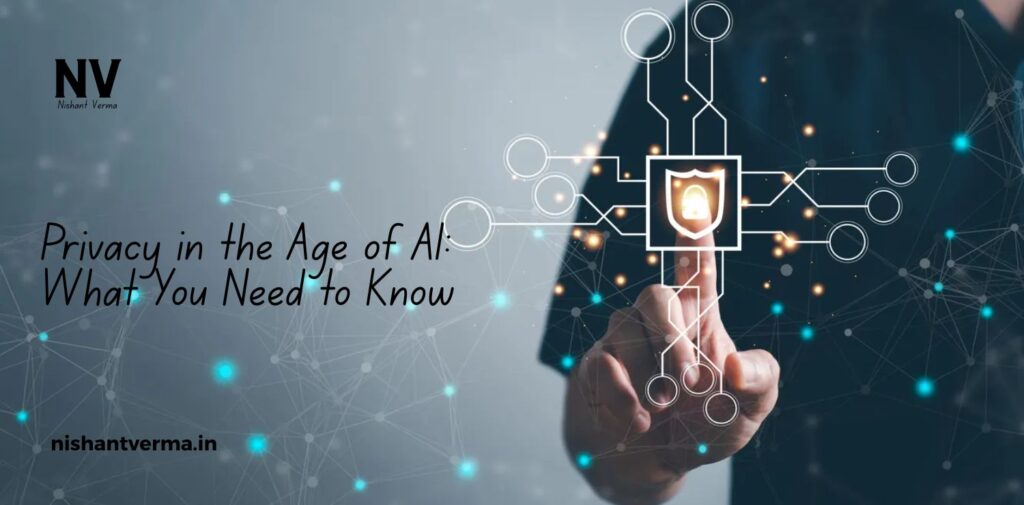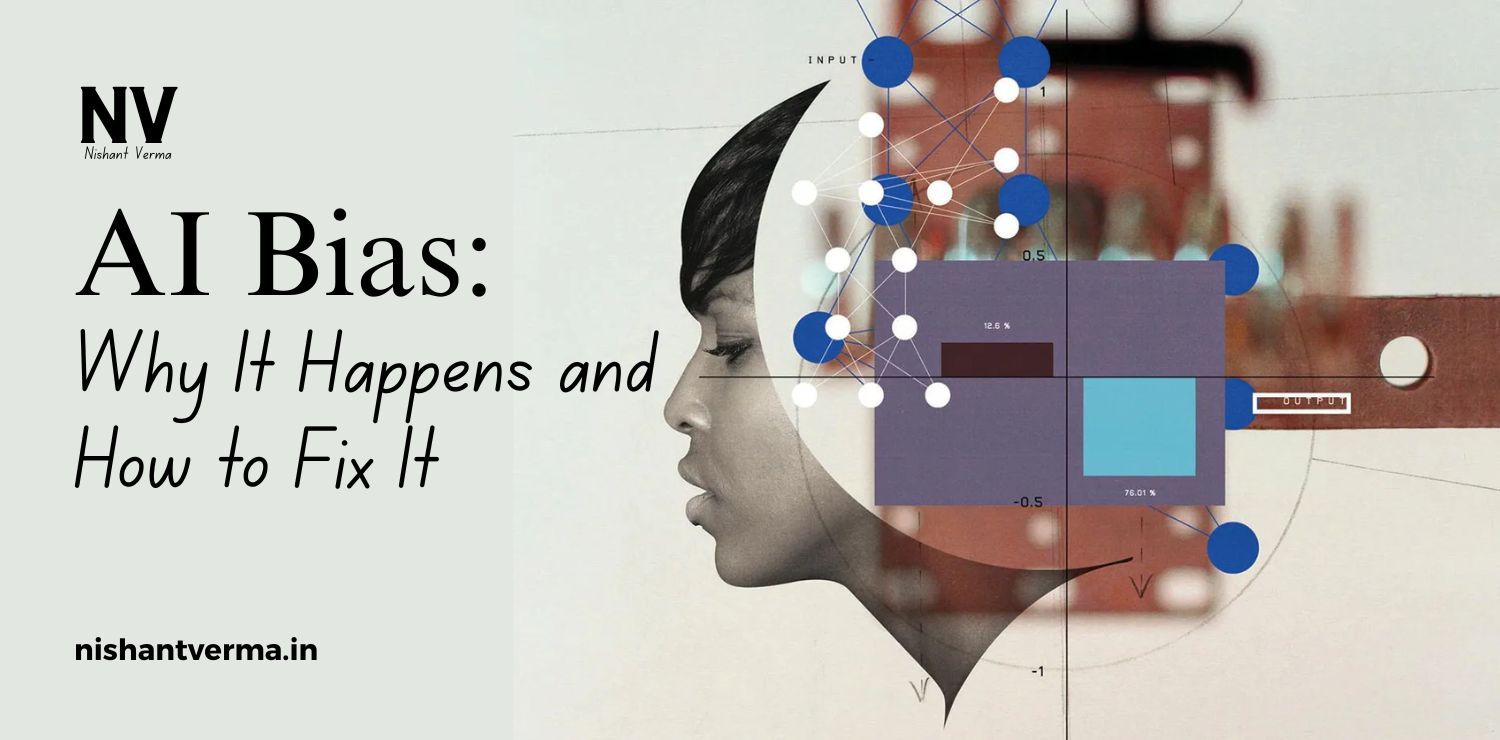In today’s fast-changing world, technology is growing at an unbelievable speed. Artificial Intelligence (AI) is becoming a part of our everyday life, whether we realize it or not. From face unlock on smartphones to personalized ads on social media, AI is everywhere. But along with these amazing advancements, one big concern that has started worrying people is privacy.
For the Indian audience, where digital usage is growing rapidly and millions of new users are coming online every year, understanding how AI affects our privacy is very important. This article explains in simple words what AI is doing with our personal data, the risks involved, and how we can protect ourselves in this new digital era.
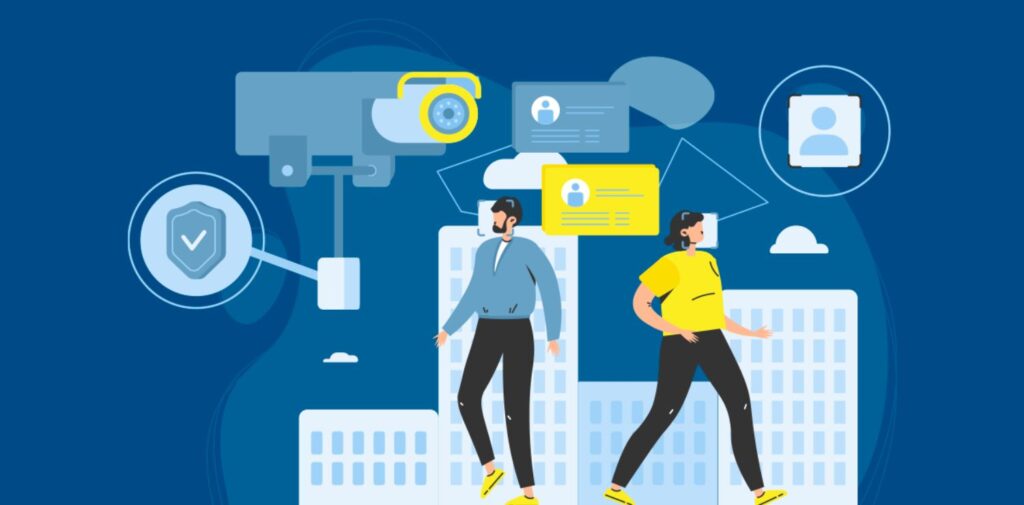
What is AI and how does it affect privacy?
AI, or Artificial Intelligence, is the technology that allows machines to learn from data and make decisions like humans. It powers things like chatbots, voice assistants (like Alexa and Siri), recommendation systems on apps like Netflix or Amazon, and even fraud detection in banks.
To work properly, AI needs data – a lot of data. This includes our personal information like our name, location, age, photos, messages, browsing habits, and even our voice and face. Once this data is collected, AI systems use it to learn patterns and make predictions. For example, if you watch a lot of action movies, Netflix’s AI will recommend more action content.
But the problem is, much of this data is collected without us even knowing exactly how it is used or stored. In India, people often agree to app permissions without reading them, and many are not fully aware of what they are agreeing to. This lack of awareness makes it easy for companies to collect more data than necessary.
The risks of losing privacy in the AI era
There are several ways in which AI can harm our privacy if not handled properly. Let’s look at some of the key risks:
- Data leaks and misuse: If companies or apps do not protect your data properly, it can be stolen or leaked. This has happened many times, even with big companies. Stolen data can be used for identity theft, scams, or even to create fake profiles.
- Surveillance and tracking: AI makes it easier to monitor people. In public places, facial recognition cameras can track your movements. Apps on your phone can track where you go, what you search for, and whom you talk to. In India, many users are not even aware of how much tracking is happening in the background.
- Loss of control: Once your data is out there, you have very little control over who uses it and how. AI systems can make decisions that affect your life – such as what job offers you see, what loan you get, or whether your account is flagged for suspicious activity – all based on your data, often without transparency.
- Biased decisions: If AI is trained on biased or incomplete data, it can make unfair decisions. For example, an AI system used by a bank might wrongly reject a loan application because of incorrect data or hidden bias in its system.
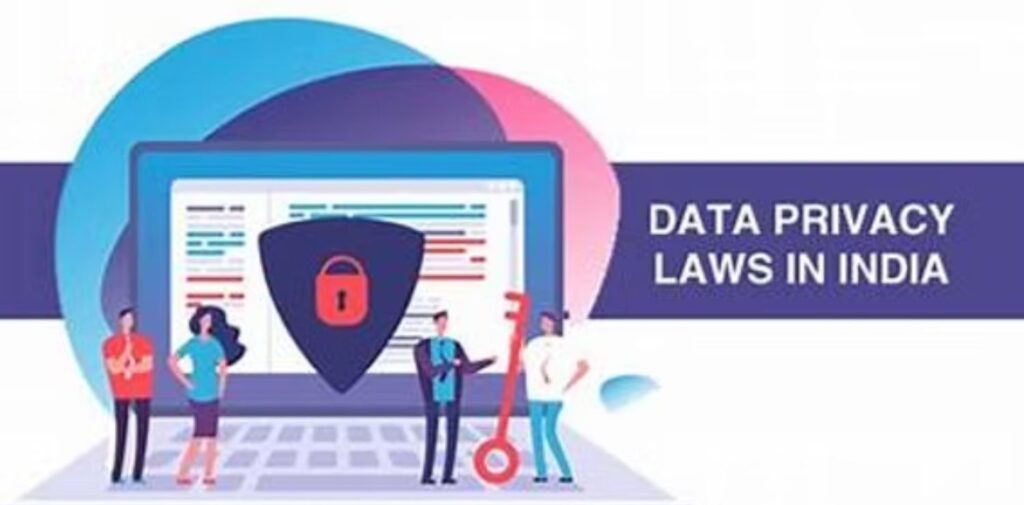
Indian laws and regulations on data privacy
India is still in the process of building a strong legal framework for data privacy. The Indian government introduced the Digital Personal Data Protection Act in 2023. This law is meant to give citizens more control over their personal data and put limits on how companies collect and use it.
Under this law, companies must clearly tell users what data they are collecting and why. They must also get the user’s consent before using personal data. If a company fails to protect your data, it can face heavy fines.
However, the implementation of these laws is still in the early stages. Many people in India are not aware of their rights, and smaller companies may not follow the rules strictly. So, while the law is a good step forward, more public awareness is needed to make it truly effective.
How to protect your privacy in daily life
You don’t need to be a tech expert to protect your privacy. Here are some simple and practical steps that every Indian internet user can take:
Read app permissions: Before installing an app, check what permissions it is asking for. For example, a flashlight app does not need access to your contacts or camera.
Use strong passwords: Use different and strong passwords for different accounts. You can also use a password manager app to keep track of them securely.
Update apps regularly: Updates often fix security issues, so keep your apps and devices up to date.
Turn off location when not needed: Many apps track your location unnecessarily. Turn off location access for apps that don’t need it.
Be careful on public Wi-Fi: Avoid using banking apps or entering personal information on public or free Wi-Fi networks, as they are often not secure.
Use privacy-focused apps: There are apps and browsers that focus on protecting your data, like DuckDuckGo, Signal, or Firefox.
The role of awareness and education
One of the most powerful tools to protect privacy is knowledge. In India, a large part of the population is using smartphones and the internet for the first time. Many people are not fully aware of how their data is being used.
There should be more awareness campaigns in schools, colleges, and even rural areas to educate people about digital privacy. Government and private organizations can work together to spread knowledge in regional languages so that everyone can understand.
Parents should also teach their children about safe online habits, just like they teach them how to be careful on the roads. Small habits can make a big difference.
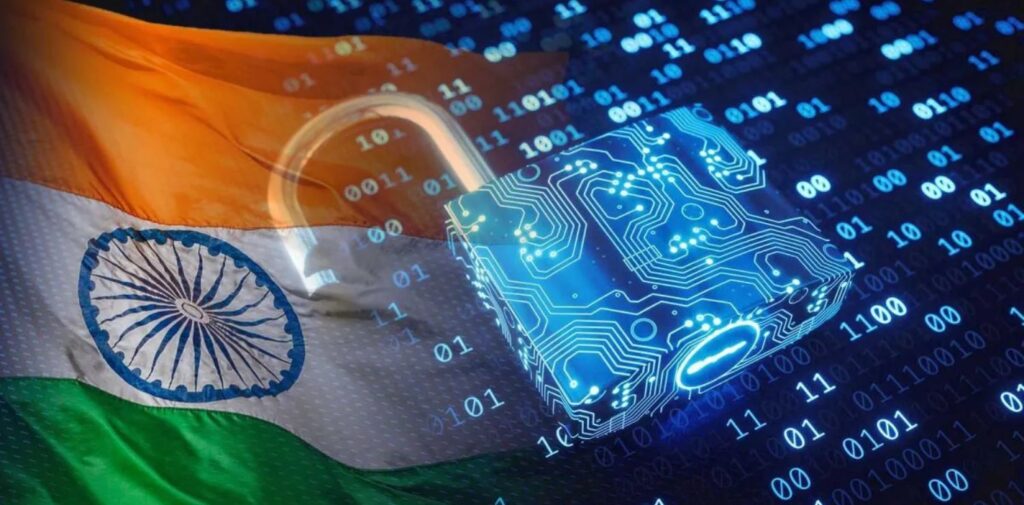
The future of privacy in India’s digital world
India is moving fast toward a digital future. From digital payments to smart cities, AI will play a big role. But for this growth to be safe and successful, we must also build a strong culture of privacy and data protection.
As users, we need to demand transparency from companies and stay informed about how our data is being used. As a country, we need better enforcement of privacy laws and more investment in cybersecurity.
In the age of AI, privacy is not just about hiding information – it’s about having control over your own digital identity. The more we understand and take responsibility for our data, the safer our digital future will be.
Conclusion
Artificial Intelligence brings great benefits, but it also brings serious privacy risks. In a country like India, where technology is spreading rapidly, it is more important than ever to stay alert and informed. By understanding how AI works, being aware of our rights, and following simple privacy practices, we can enjoy the advantages of the digital world without losing control over our personal lives.
So next time you download an app or click “Accept,” take a moment to think: who is watching, and what are they doing with your data? Because in the age of AI, privacy is power.

